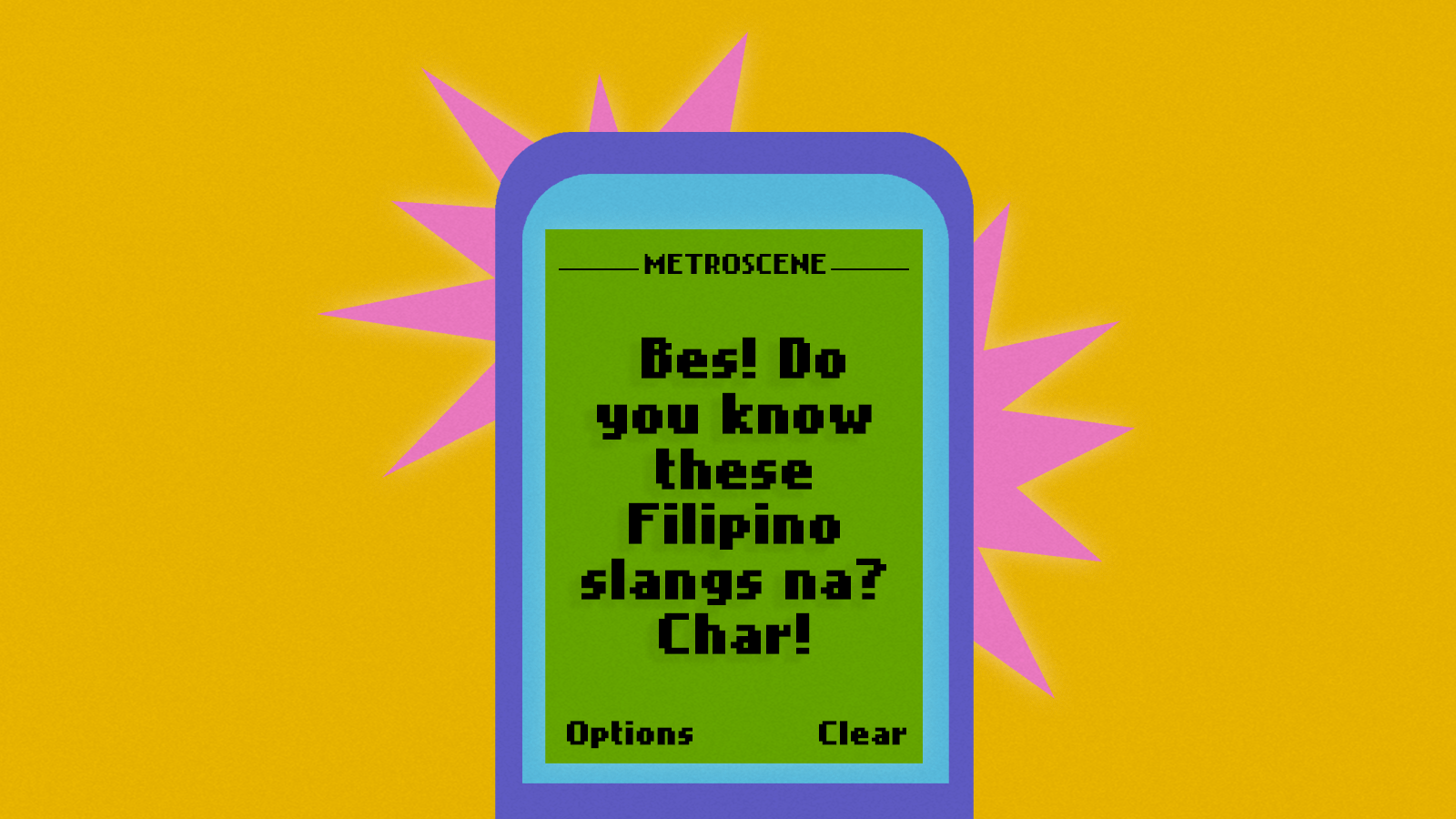The Woman Scorned
The recent girl-on-girl drama flooding our news feeds is a powerful example of this cycle. Take, for instance, the viral banter of an Olympic gold medalist’s girlfriend clashing with the athlete’s mother, the never-ending stories about cheating scandals being exposed, or clashing reality tv stars. These incidents are not just covered—they are amplified, dissected, and turned into headline-grabbing drama. And let’s not forget how fervently Filipino netizens, yes!—feast on these narratives. It’s as if the messier and more public the fallout, the more attention it garners.
But what does this reveal about the way we view women? Why is it that the media and entertainment industries seem so intent on pushing these stories, while simultaneously marginalizing women in other important ways? As much as we fight for progress in the real world, this obsession with tearing women down reflects a troubling truth: the media loves watching women fight, fall, and struggle.
This irony is hard to ignore. We live in a place where people impatiently rush through EDSA traffic, yet they willingly devote countless hours watching random individuals—especially women—fight over trivial matters.
In the end, it becomes an all-out battle. Internet netizens take sides, fighting with their essays, comments, and memes. It turns into a rally, a contest of who is right and who is wrong. The online space becomes a battleground where people argue, often forgetting the real issues at hand, lost in the noise of keyboard warriors claiming the moral high ground.
If you think about it, it’s a sad commentary on where our attention lies, how we consume culture, and how we value a woman in the society. In the end, though, who is real winner in this digital salem witch trial? It’s a much older, deeper force: the grand old misogyny.
For all the supposed empowerment that these sensations claim to represent, the truth is that they serve to reinforce stereotypes and further ingrain the gendered double standards on women. The more the media feeds us these images of women at war with one another, the more we internalize the idea that this is the role they’re supposed to play. Their empowerment isn’t in their strength or success—it’s in their ability to remain within the limits society has set for them, limits that are far too often defined by the dramatic tension of their conflicts.
It breaks my heart to see the direction in which social media are steering women. Instead of celebrating the diversity of female experiences, strengths, and stories, we’re left with the same tired, sensationalized narratives that reduce women to mere pawns in a larger game of clicks, likes, and shares.
And nobody in all of Oz
Well, I’m not saying that all actions are justified. Let’s acknowledge who has faulted because that’s the right thing to do when it comes to conflicts. But what I’m really trying to address here is the need to rationalize every side. We can’t just jump to conclusions or feed into the drama without considering the complexities of each situation. Let me say this in pop terms real quick, as the Wicked Witch of the West in Wicked taught us (yes, I’ve watched it twice and been a fan since a kid, haha), there are always multiple sides to every story.
We need to move beyond the simple, sensationalized narratives that the media feeds us. Just like the Wicked Witch wasn’t all evil, the women we see fighting in the media aren’t just villains. They, too, have their struggles, their reasons, and their humanity. If we truly want to empower women—and people in general—we must understand the nuances of their stories, instead of reducing them to mere pawns in a larger spectacle.
Ultimately, it’s not about blindly defending one side or tearing down the other—it’s about understanding the complexities that come with every story. And perhaps, just maybe, it’s time we apply that kind of thinking to the way we consume the drama of women fighting, falling, and being misrepresented in the media.
It’s such a shame that we let these things happen. But hey, no judgment. I’d like to believe that we are all victims of the macho, feudal society we live in. The machismo of it all. Tama? Tama!
NOTE: This piece may seem shallow to some, especially since it comes from a man’s perspective. But there's a deeper, more nuanced experience of girlhood that only women can truly speak to. The complexities, challenges, and layers of growing up as a girl are far more intricate than this piece can capture.











